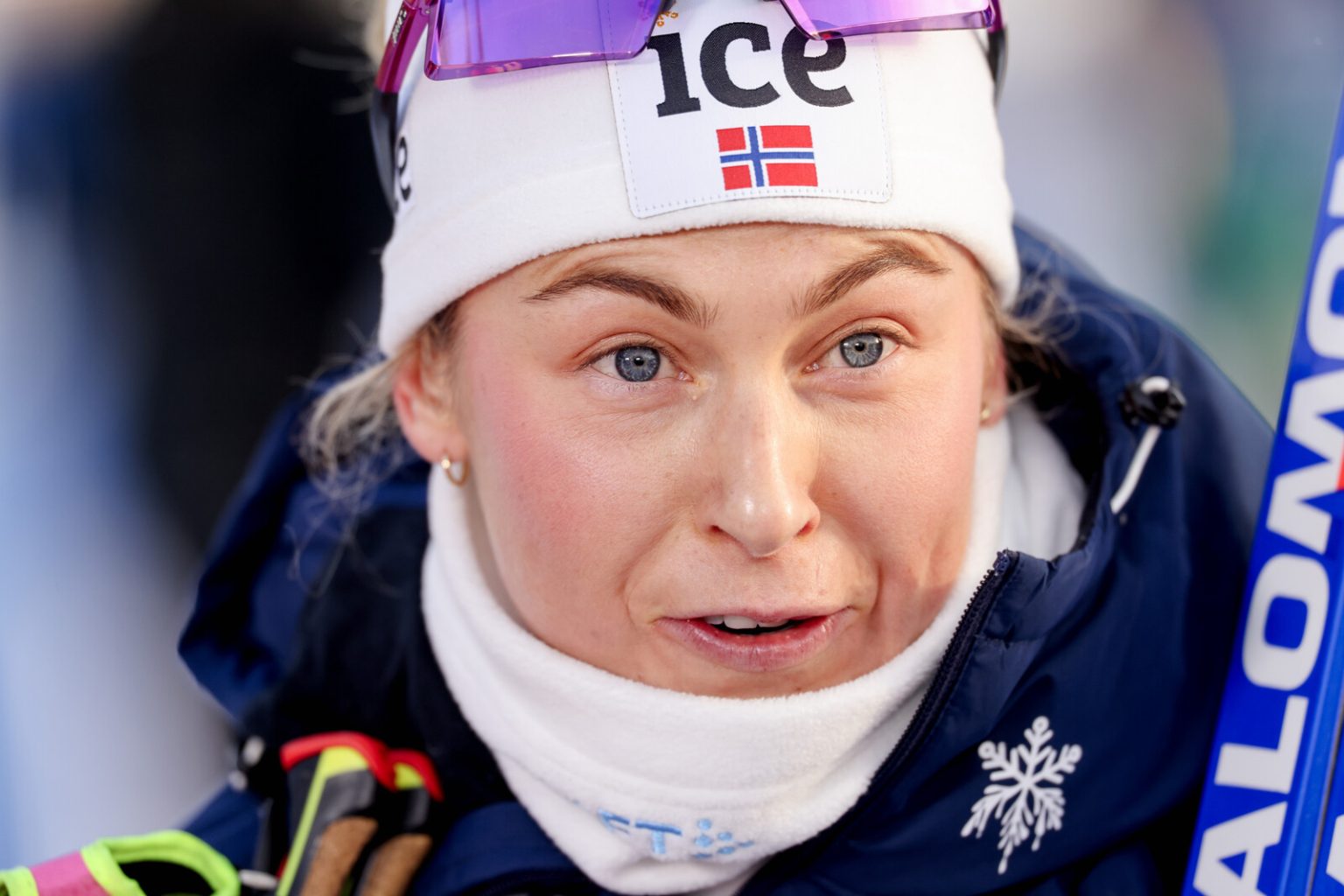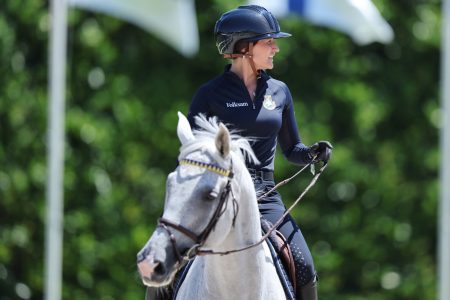Ingrid Landmark Tandrevold, a prominent member of the Norwegian biathlon team, recently underwent a heart procedure to address heart rhythm disturbances discovered after she experienced difficulties during the season opener. This unexpected health challenge has cast a shadow over her immediate sporting future, particularly with the upcoming World Cup competition in Oberhof, Germany, scheduled for January 9-11. While her inclusion in the team for Oberhof demonstrates a hopeful outlook, her participation remains contingent on her recovery and a final evaluation closer to the event.
Tandrevold’s heart issues manifested during the initial competition of the season, prompting medical investigations that revealed the underlying rhythm disturbances. This diagnosis necessitated a swift response, leading to the decision to undergo a heart operation last Wednesday. The specific nature of the procedure remains undisclosed, but it aimed to correct the irregular heartbeats and alleviate the associated symptoms. The timing of the operation, so close to the Oberhof competition, introduces a significant element of uncertainty regarding Tandrevold’s ability to compete effectively.
The Norwegian national team coach, Per Arne Botnan, expressed a cautious optimism regarding Tandrevold’s participation in Oberhof. While acknowledging the recent operation and the need for careful monitoring, he affirmed the team’s desire to have Tandrevold compete, emphasizing her value to the team. This cautious approach highlights the delicate balance between supporting an athlete’s desire to compete and prioritizing their health and well-being. The final decision rests on a thorough assessment of her recovery progress in the days leading up to the competition.
The short timeframe between the operation and the Oberhof World Cup presents a significant challenge for Tandrevold. Recovery from a heart procedure, regardless of its nature, requires careful management and often involves a period of rest and restricted activity. The demands of elite biathlon competition, which combines strenuous cross-country skiing with precision shooting, are particularly taxing on the cardiovascular system. Tandrevold’s ability to recover sufficiently to meet these demands remains a primary concern for both the athlete and the coaching staff.
The situation underscores the inherent pressures faced by elite athletes, constantly balancing the pursuit of sporting excellence with the realities of physical limitations and health concerns. Tandrevold’s predicament highlights the unexpected nature of health issues and their potential impact on an athlete’s career trajectory. Her determination to compete, coupled with the team’s support, reflects the dedication and resilience often witnessed in the world of professional sports. However, the ultimate priority remains her long-term health and ensuring a full recovery before returning to competitive biathlon.
Ultimately, Tandrevold’s participation in the Oberhof World Cup hinges on her recovery in the coming days. The medical team and coaching staff will closely monitor her progress, evaluating her physical condition and her ability to handle the demands of competition. The final decision will be made in her best interest, balancing her competitive aspirations with the paramount importance of her long-term health and well-being. This situation serves as a reminder of the unpredictable nature of athletic careers and the importance of prioritizing health in the pursuit of sporting goals.














